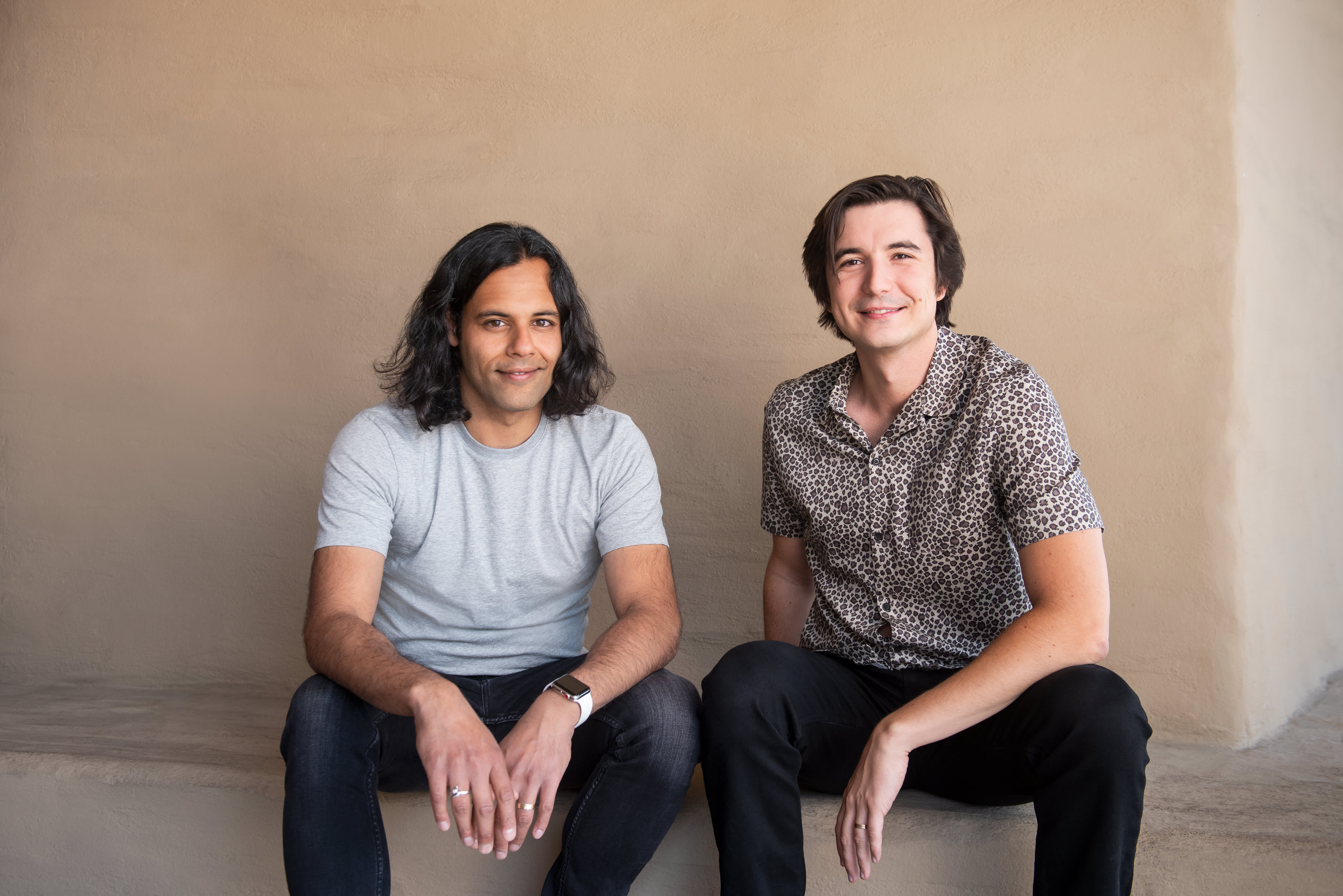Robinhood grew its user based tenfold in about three years by bringing in younger generations to the finance world, co-CEO of the mobile stock trading app, Vladimir Tenev, told CNBC’s Jim Cramer on Wednesday.
The start-up earlier that day announced that it has registered more than 10 million accounts to its platform, up from 1 million in 2016. Tenev, launched Robinhood with fellow CEO Baiju Bhatt in 2013 before releasing it to the public in 2015, said reaching the 1 million mark was a “milestone.”
“I think it’s just a testament to what we’ve been able to do,” he said in a “Mad Money” interview. “We’re proud of the fact that we’ve enabled so many younger investors and first-time investors to have access to the markets because we believe that the more people that have access to the markets and can start investing earlier the better off our economy will be.”
Based in Silicon Valley, Robinhood is used in large part by millennials to trade stocks and cryptocurrency. The company, which acts as a commission-free broker, has been credited with pushing traditional brokerage firms to offer commission-free services. Charles Schwab, E-Trade, Interactive Brokers and TD Ameritrade all moved to drop transaction fees for their customers in recent months.
In the wake of the 2008 financial crisis, the founders wanted to bring in “disenfranchised” millennials that were “frustrated … with the way that the system worked,” Bhatt said.
“We saw and opportunity to build a product that really spoke to that generation, and commission is a part of it. Part of it’s also building a product that’s easy to use, that’s mobile-centric and that really puts customers first” to drive us,” he explained. “The other part about this is is that from the very beginning our mission has been to democratize the financial system … and it flows through all the decisions that we make.”
Last month, Charles Schwab announced that it would buy TD Ameritrade in a $26 billion all-stock deal to create a firm with more than $5 trillion in client assets. Cramer said the merger is a result of the “creative disruption unleashed by Silicon Valley” that has changed the status quo.
By comparison, Robinhood would have to more than double its subscribers to match the presumably combined 24 million clients of a Charles Schwab-TD Ameritrade. Fidelity has the largest client base with about 22 million retail accounts and 7 million advisor clients.
Robinhood does offer Robinhood Gold for $5 a month for more experienced investors. It also has a cash management program.
“We’ve always been focused on opening up access and being the most customer-centric financial services company. I think in some ways what’s happened in the industry is great for consumers,” Tenev said. “People are paying lower prices and that’s something that’s gone beyond Robinhood and is now available to tens of millions of consumers across the U.S.”
About half of Robinhood’s customers are first-time investors and the median age of users is 30. The company is valued at $7.6 billion and plans to expand its business to the U.K.
Both graduates of Stanford University, Tenev was born in Bulgaria and raised in Washington, D.C., and Bhatt is the son of Indian immigrants.
Last year, Robinhood hired Amazon alum Jason Warnick as chief financial officer as the fintech company guides towards entering the public markets.
Disclosure: Cramer’s charitable trust owns shares of Amazon.com.
Questions for Cramer?
Call Cramer: 1-800-743-CNBC
Want to take a deep dive into Cramer’s world? Hit him up!
Mad Money Twitter – Jim Cramer Twitter – Facebook – Instagram
Questions, comments, suggestions for the “Mad Money” website? madcap@cnbc.com
